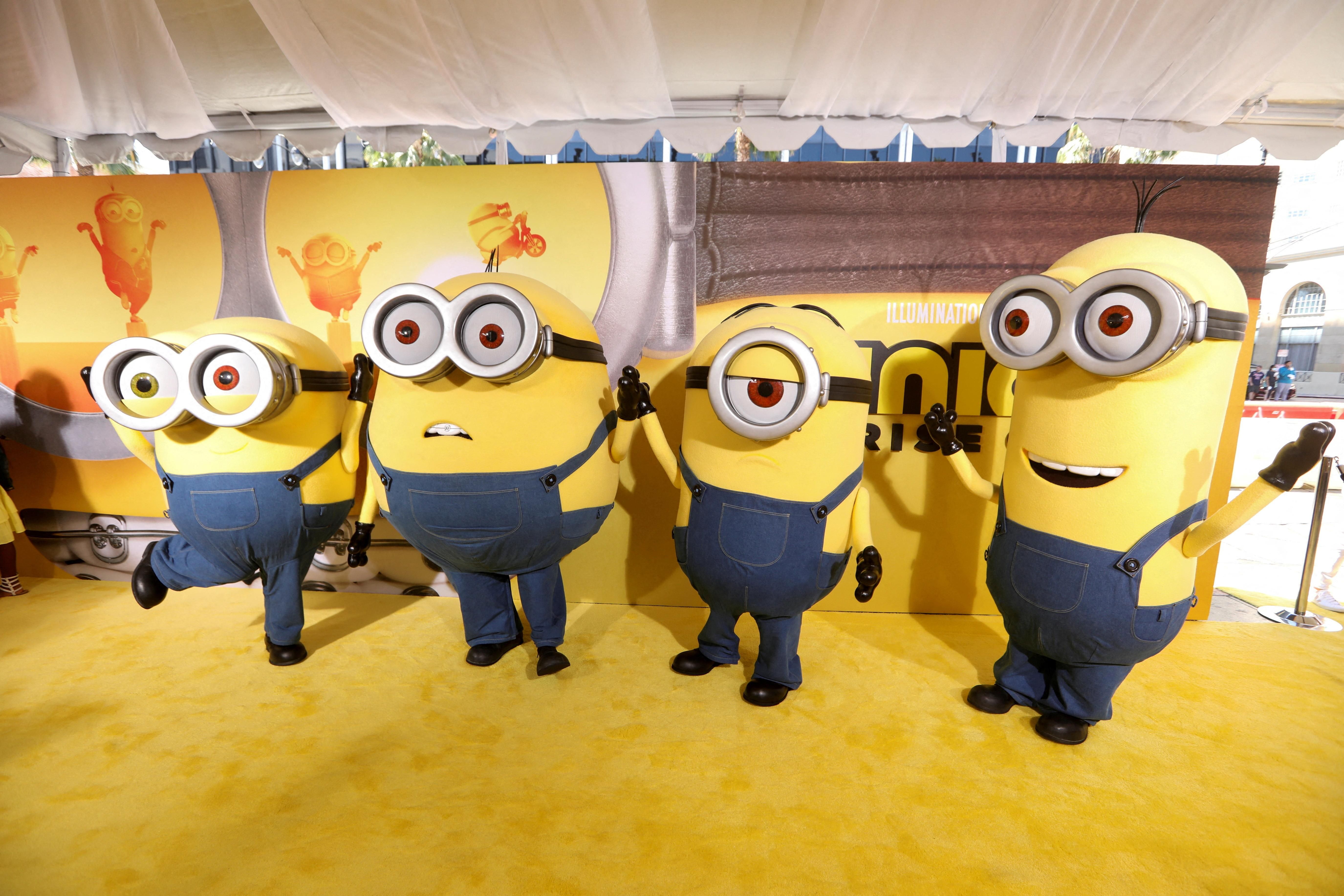Hard Numbers: Minions censored, Qatar deports migrants, Hungarian fireworks get political, China waives African debt
2: Chinese censors have added a more uplifting ending to the latest Minions movie, Beijing’s second Hollywood rewrite this year. In the first edit, authority and order won over the terrorist plans of anarchists in the 1990s cult classic “Fight Club,” and now Gru — spoiler alert! — returns to his family instead of running off with his evil mentor, Wild Knuckles.
60: Qatar deported at least 60 migrant workers who protested outside a Doha construction company over back pay. Qatar has gotten flak for its alleged treatment of migrant workers as it prepares to host this year’s World Cup, but it’s unclear whether the migrants were involved in building the stadiums.
2: Hungary fired two of its national weather service’s leading staffers after a major holiday fireworks display in Budapest was postponed over forecasts of rain that never came. The ruling far-right Fidesz Party had billed the show to mark the country’s millennial as Europe’s biggest-ever — but the opposition saw it as a waste of money.
17: China, Africa's top bilateral creditor, will forgive no-interest debt owed by 17 African countries due last year. Beijing plans to cut lending to the continent by one-third until 2024 due to the high risk of default and political backlash over China's so-called "debt-trap diplomacy."
